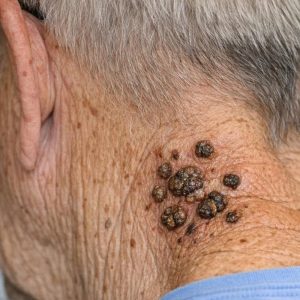Eggs are a staple ingredient in kitchens worldwide, appearing in countless recipes from frying and baking to boiling. Despite their ubiquity, many home cooks are unsure about one key question: should eggs be washed before use? The answer is more nuanced than a simple yes or no, as it depends heavily on how the eggs were handled before reaching the consumer. Understanding the natural structure of an egg and its protective layers is crucial for maintaining both safety and quality in the kitchen.
Freshly laid eggs naturally carry a protective coating known as the cuticle, or bloom. This invisible layer seals the pores of the eggshell, keeping out bacteria and reducing moisture loss. By preserving this natural barrier, eggs remain safer for longer and retain freshness more effectively. Washing eggs at home can strip away this layer, making the shell more porous and slightly more susceptible to bacterial contamination. Therefore, while washing may seem like a precautionary measure, it can sometimes reduce an egg’s natural defenses rather than enhance them.
In many countries, commercial eggs are already washed and sanitized before packaging, making additional cleaning unnecessary. In these cases, home washing could inadvertently introduce moisture that forces bacteria through the shell, creating more risk than benefit. The primary concern for Salmonella and similar pathogens is usually improper handling rather than the eggshell itself. Therefore, understanding the source of the eggs and the processes they have undergone is key to determining whether washing is needed.
Proper cooking remains the most reliable safeguard against bacterial contamination. High heat, especially from boiling or thorough frying, neutralizes potential surface bacteria without compromising the interior quality of the egg. Whether eggs are farm-fresh or store-bought, safe handling practices—such as avoiding cross-contamination, storing eggs at the correct temperature, and washing hands after contact—are far more important than washing the eggs themselves. Knowing when to wash, when to leave them untouched, and how to cook them thoroughly ensures both safety and culinary success.
Ultimately, the decision to wash eggs depends on their origin and handling. Farm-fresh eggs with the protective cuticle intact are generally best left unwashed until right before use, while commercially processed eggs require no additional cleaning. By prioritizing safe handling, proper storage, and careful cooking, home cooks can confidently use eggs in any recipe without unnecessary worry. This knowledge highlights how understanding the science behind everyday foods can make kitchens safer, meals more reliable, and cooking a more informed and enjoyable experience.





